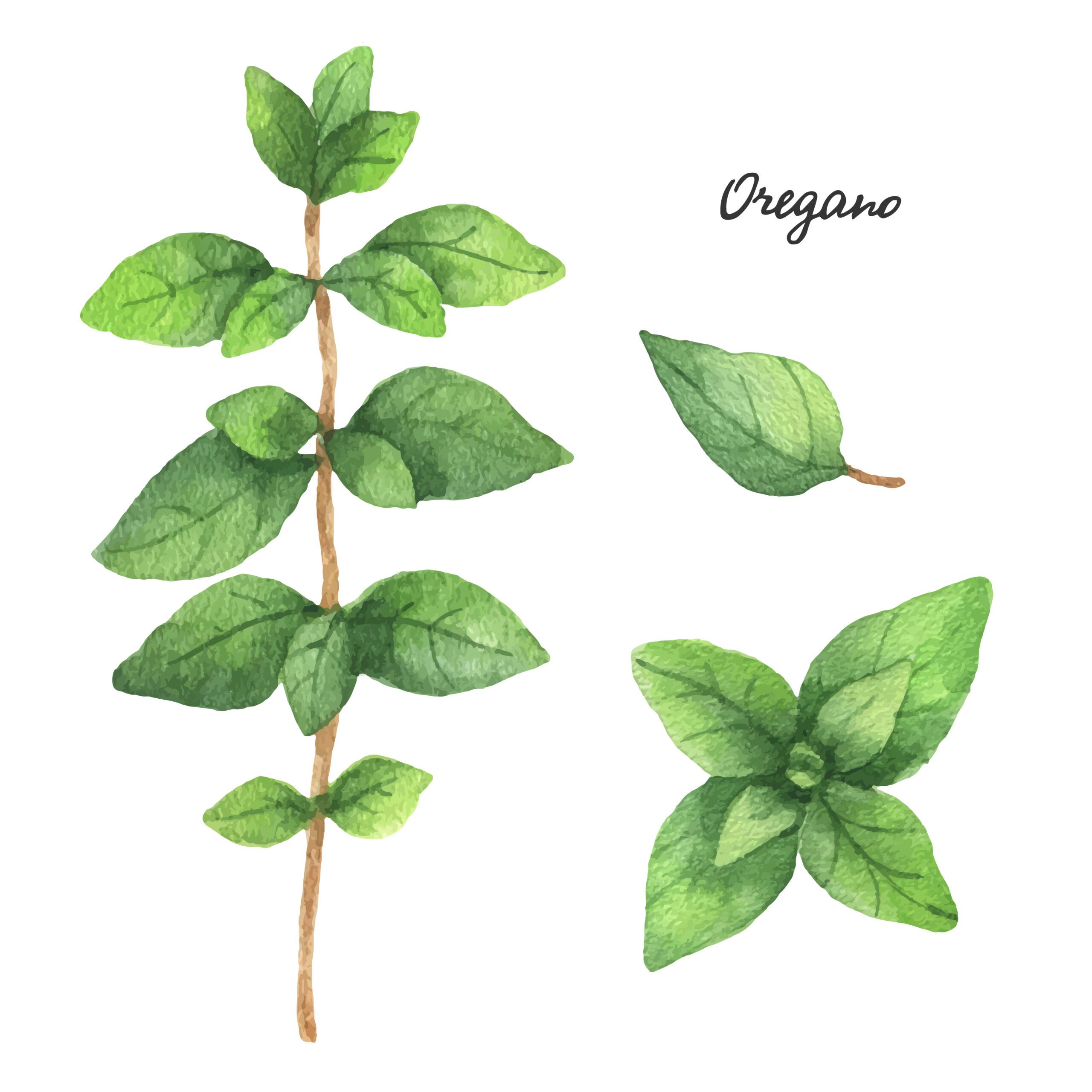Oregano Stops Inflammation of Lupus and Rheumatoid Arthritis
August 14, 2017
 1915
1915 
In recent years turmeric has become a darling of nutrition researchers. One particularly important study showed the spice reduces inflammation in mice. Since there is no toxic dose associated with turmeric, the study suggested that curry lovers could indulge every day. Asian cuisine basked in the healthy glow of the research. Not to be outdone, the herb oregano gives a similar boost to Italian foods and pizza sauce. A 2008 study completed by Swiss researchers shows that oregano is an ultimate inflammation fighter. The active ingredient, Beta-caryophyllene, helped seven out of every 10 mice to recover from inflamed paws.
The study was published here in the U.S. in Proceedings of National Academy of Sciences, marking a significant mainstream mile for the herb—and for Beta-caryophyllene, abbreviated as E-BCP, which is also plentiful in black pepper, rosemary and cinnamon (also found in research literature to be a regulator of bad cholesterol). Plus, basil, so those Italians clearly know how to stem inflammation too.
Reducing chronic inflammation is no small thing, as it is increasingly associated with leading to heart attacks and sits at the root of autoimmune disorders including diabetes, lupus, rheumatoid arthritis and multiple sclerosis among others. One promising discovery is oregano and E-BCP could well work to prevent the immune system for overacting and attacking itself, which is at the core of autoimmune disorders.
And there’s more. The Swiss scientists reported that lab findings suggest that oregano could well hold off the bone degeneration associated with osteoporosis. While not part of this study, the researchers speculated that E-BCP could address inflammation of the bowel associated with Crohn’s disease.
The new research doesn’t surprise those of us who have discovered oil of oregano, especially as a cold and flu remedy. Natural health-conscious parents say five drops in a bit of water, then gargle with it, stops a sore throat in its tracks. The oil has a strong, bitter taste, so you might want to mask it for kids.
Health practitioners who work with essential oils will point to the triple-threat potency of oil of oregano, identifying it as antibacterial, antiviral and antifungal. European herbal research consistently shows oregano as one of the most potent for immune-boosting properties.
The oil of oregano products are important to keep in mind because what might be labeled “oregano” in a dried herb products can actually be Spanish marjoram, which is clearly not oregano. You want to look for sourcing information to identify the herb as wild oregano, which is typically grown in the Mediterranean region. Essential oil, of course, distilled the plant down to a concentrated and therapeutic form. Be savvy about where and how you get your oregano and health rewards await. And probably even better tasting pasta sauce.

A new study suggests that a widely used sugar substitute found in diet sodas, chewing gum, and low-sugar yogurt may elevate insulin levels. This could increase the long-term risk of heart disease. “Artificial sweeteners have infiltrated nearly all types of food, making it crucial to understand their long-term health effects,” said Yihai Cao, senior author […]

Diet Coke has long been a fan-favorite among soda lovers who want a fizzy, guilt-free alternative to traditional soft drinks. While its zero-calorie, zero-sugar label makes it seem like a healthier option, the reality is far more concerning. Despite its undeniable popularity, Diet Coke’s nutritional profile has raised red flags among health experts for years. […]

New study shows that embracing an anti-inflammatory, plant-forward diet can support cognitive function and help reduce the risk of dementia. What You Eat Shapes Your Brain The food you eat doesn’t just impact your body—it also affects your brain. Research suggests that eating an anti-inflammatory, plant-based diet can help improve memory, focus, and overall brain […]